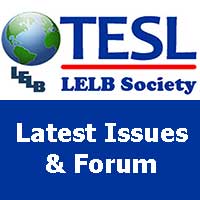Speech Acts
Speech acts are carried out over various turns and their exact shape takes into account interlocutor reactions. In other words, conversation is co-constructed by both interlocutors, which is something that can never be simulated with DCTs.
Speech acts are certainly the most researched area of pragmatics, and they are arguably the most social, as their real-world realisation depends very much on co-construction. However, speech acts are not the only area of pragmatics, and it is possible to test other aspects of pragmatic competence without simulating conversations. For example, routine formulas are by their very nature one-shot utterances, not requiring extensive, co-constructed negotiation.
Speech acts constitute attempts by language users to perform specific actions, in particular interpersonal functions such as compliments, apologies, requests, or complaints.
According to speech act theory (Austin, 1962; Searle, 1969), the performance of a speech act involves the performance of three types of act: a locutionary act (the act of saying), an illocutionary act (the performance of a particular language function by what is said), and a perlocutionary act (the achievement of some kind of effect on the addressee). Levinson (1983) pointed out that the term ‘speech act’ is generally used to refer exclusively to ‘illocutionary acts’.
Searle (1969) also distinguished ‘direct’ and ‘indirect’ speech acts. In a ‘direct speech act’, there is a transparent relationship between form and function, as when an imperative is used to perform a request (e.g. pass me the salt). In an indirect speech act, the illocutionary force of the act is not derivable from the surface structure. For example, an interrogative form can serve as a request as in ‘Can you pass me the salt?’.
Speech act theory has something to do with the relationship between language form and language function in a co-constructed negotiation or conversation.


